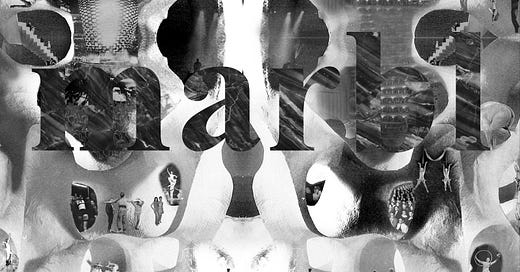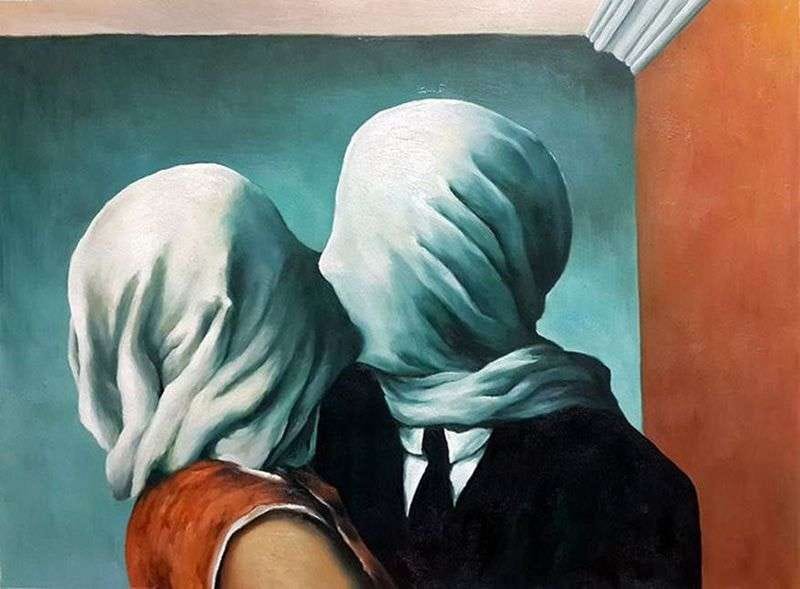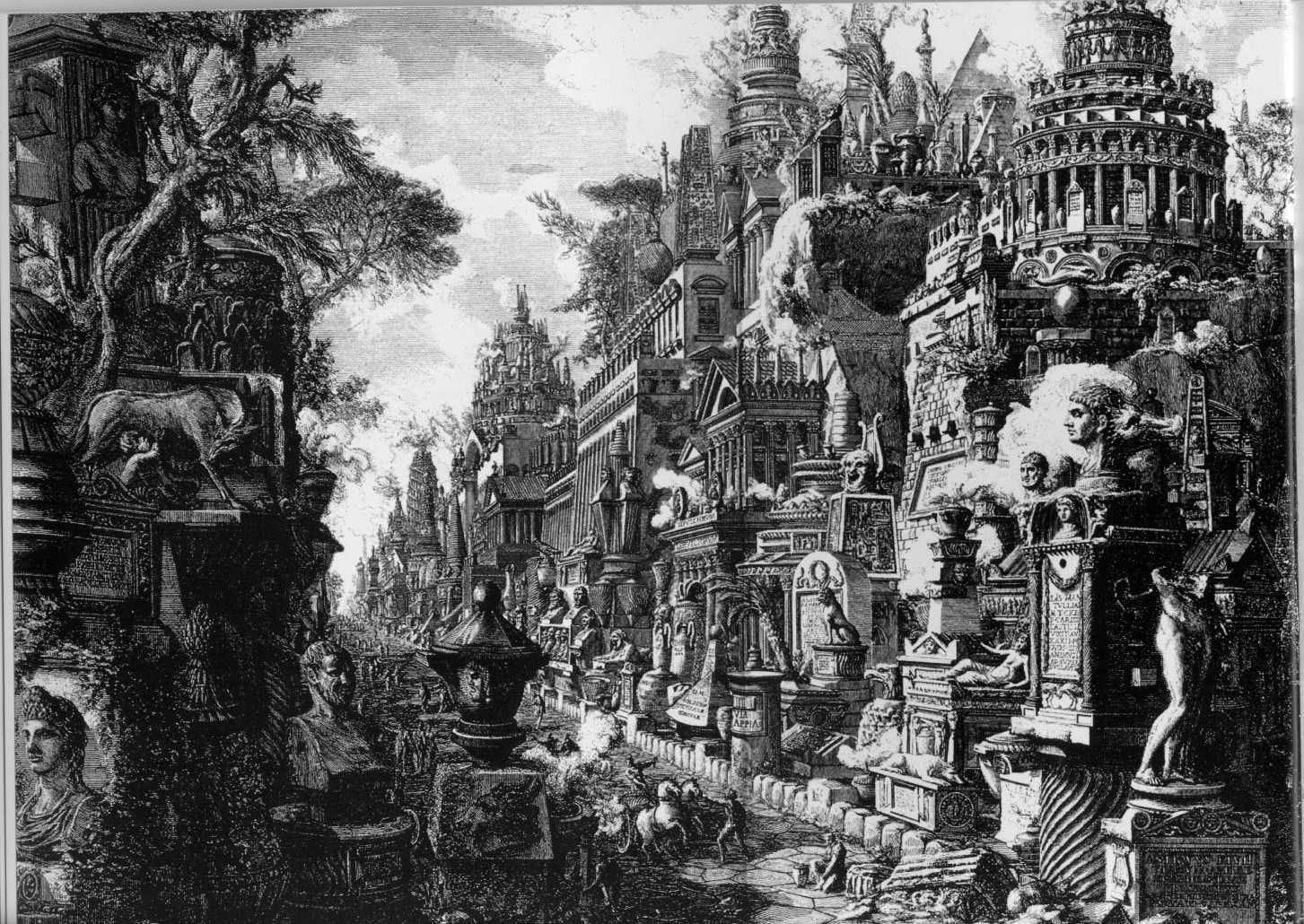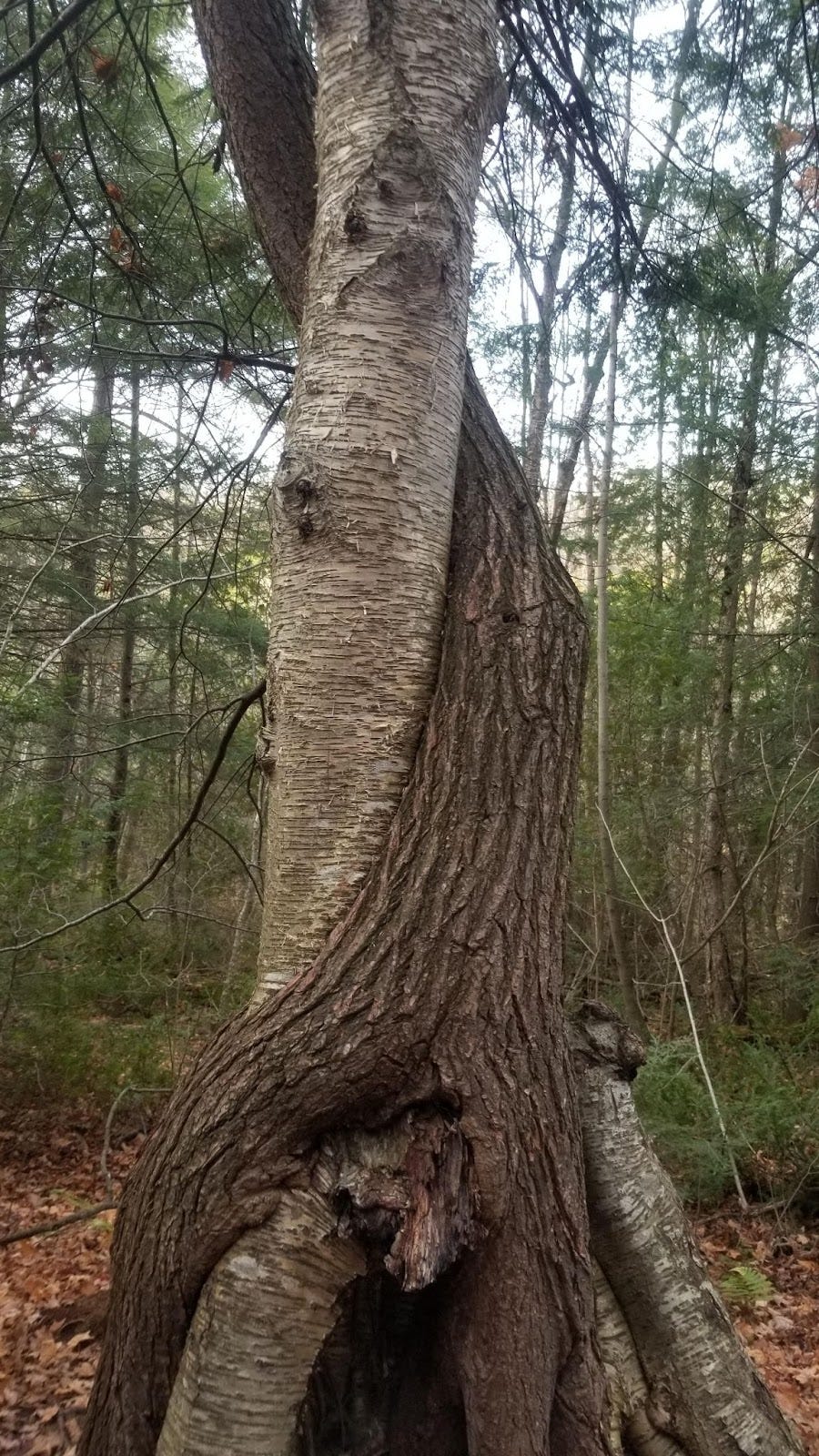When you don't know me anymore
Intimate Epistemologies : Inner-space Cartography : Knowing and Being Known.
PREFACE: You will notice that this post is heavily footnoted. In an effort to write something that reads smoothly I have put my choppier, and more detailed commentary in the footnotes. If you’d like a short read, please ignore them, it will still make sense. But if you’re interested, they will let you know where my influences come from and how I relate these thoughts to them.
“I wanted to know you breathed and moved in the same world with me.”1
When we navigate our world at the level of human relationship, we find that there are those who would offer us the gift of seeing us and knowing us deeply, and there are those who, it seems, never could. But walking around and navigating the world, mundane and physical, it seems impossible to tell who these great gift givers will be. You discover this quite young in life and it is completely intertwined with your own process of self-conception. To be seen like that—the truest mirror—to have the experience of your gaze reflected back to yourself, anchors you in the larger world. To be denied this kind of recognition can lead to despair and desperate acts. It’s how we stray away from authenticity, from knowing ourselves.
These thoughts began while I was listening to music: 2
So what is it to be known? I think we take for granted how much changing we do in just 10 years. We aren’t the same bodies. We aren’t the same physical mattéer, all the substance that was once mine has been pissed and shit and sweated and breathed away. Acknowledging the great distance between me and myself then begs the question: How am I something recognizable? We don’t usually regard a seeing of the body to strike at the truth of being known.3 When it comes to knowing the person who that body is, it doesn't seem to matter if we are consistently composed of the same hunk of stuff, nor even if it remains the same shape—We gain weight, lose weight, we grow from baby to adult, we have surgeries which cut out whole organs, we have accidents and loose limbs—all the same, we maintain relationships across time and form. Even a friend whom we have not seen in years—we may have trouble recognizing them but once the seeing shifts into remembering; suddenly it is only them.4 And actually, a tie that remains constant through all these changes is usually appreciated as being deeper in kind.
I am not a doctor nor a scientist.5 I don’t know enough about medicine nor cognitive science to comment on whether any of these processes are actually true or not. But I will gladly use biology as a metaphor for things that I do know to be true: the experience of being and being known, and metaphorically, I find this seems to work a lot like being and knowing a body.6
I think that the body is what the self gathers. And yet, the subject is always in process too. Over time I am not only not the same thing, but I am also a different being; or a different thing being differently. So how could this be held as a unified whole? Unlike the old friend who hasn’t changed a bit, we are just as likely to encounter someone who may look uncannily similar to themselves in high school, but who have become someone of whom we have no memory. And it can happen quite suddenly, values shift, perspectives change, and maybe afterwards, you cannot have the same relationship with them at all. I find this often happens in association with a sense of epiphany, maybe sparked by a large change in one’s social or physical environment, or an encounter with a new story or idea. And just like that, you don’t know them anymore. Like a musical composition, their whole song has been changed by the presence of a new and discordant note. Or like the meaning of their entire novel, has been made very different by its last chapter.7 The narrative of ourselves, told to both our own selves and to others, is always unfolding; and so always left open the risk of upheaval.
Likewise, when you are young—still relatively unchanged, but with the hunger “to make all knowledge your province.”8—you think that reading will turn you into a master of the world. That knowledge from each book will flow into your head, and adding to it, giving you the missing keys for useful decisions and actions.
We forget entirely our first experiences of reading, as children, accompanied by an elder, sounding out words on the pages of a fairy tale, letting the images come alive in our mind's eye. We assume that those moments were just an inconsequential training ground. Practice, for the sake of skill acquisition. And it is. But it is no less true to the experience of reading and reflective of the ways that it works on us and our being. Reading employs a type of attention that expands and articulates an inner spaciousness: the opening out of imagination.9 It carves out caverns, from the tuff stone of unfiltered consciousness, defining and building chambers for directed attention, wherein experience has a place to play out. Reading doesn't make you a master, it makes you into an underground city10—a resonant hollow, vast and sprawling—and reading too much can make you strange.
This delving into the inner through attending to the outer is not a process unique to reading. Reading, writing, drawing, film, crafts, sports, parties: giving your attention to any art form draws lines within us. To do so, in a productive cohesion-promoting manner, is the original project of shared culture. And if you spend 15 years watching junk tv, I suspect those lines will be short and deep; easily identifiable and understood by a large number of people, but which will not take you very far into yourself.
When we are young it is also really easy to make friends. We consider innocence to be the domain of children. In their innocence, there is little obstruction to love. It just seems to beam out of them. I think this innocence is the state of personhood, uncomplicated by an inner complex of memories, and meanings, and thought-grooves, and associations, and topographies of salience, and habits, and so on—children are not yet an underground city but a perfect sphere: a snow globe of themselves.11
Making friends is not as easy when we get older. We all chase our desires and these get farther and farther apart from one another. We relate to these desires not by their objects, but by how these objects—as anchors and condensations of our attention—pass through the halls of our inner-space. Not what they are as such, but what they mean and feel like to us, and how they can maintain a continuous relevance in our life. When we encounter someone else, we exchange our impressions of these objects of experience; whether that's an insight from our past; listening to a song we both like; a memory of a place we have both been to; a physical object present in real time which we give our joint attention to. We are trying to know one another, and that is not as simple as memorizing their history or opinions. It's about following those objects which can be shared, along the dark paths that they wind through the other. Feeling around each contour to discern the shape of their inner world, it’s about blind cartography.
This type of intimacy is difficult, and even more so when you have made yourself strange. It is unlikely that someone will even attempt to traverse certain branches of my being if they themselves haven’t set up a similar space of attention in themselves, or if they are unaware of the object of attention which was used to carve it out. Not only does reading make you strange, but it can also make you lonely. The weirder I get, the more remote I feel. There are parts of me that I have spent a tremendous amount of time and effort cultivating, but which are never read. Even the dearest members of my life have never seen me peering out from those places. But like rooms are animated by dwelling, when an isolated angle of my perspective has a knowing gaze visited upon it, it brings into me the warmth and vitality of a lit hearth. Suddenly the space is KNOWN.
No expression of the ego, no matter how enticing, can aid in this discovery because the ego is an exterior appliqué: It is the outside. All we can do is use signs to indicate what will be found within. And as online dating is teaching me, it's actually quite difficult to express one’s interior form and character with exterior devices.12 Every enclosure can benefit from doors and windows, but to make oneself perfectly transparent to the world would alter the character of who is enclosed and found inside.13 Although these signs may be more or less accurate, as well as more or less honest: you just cannot be contained by the ego.
It is the nature of this internal architecture to harbor an intersection and extension of stories, and to be structured by a complex of metaphors. All this is built within us because concepts reveal the world, let us intervene and access it further. There are hard realities in this world, and then there are fantasies. However, somewhere in between these, we refine our fantasies into something realizable through a process of making them shared. When many people can access a perspective, it stabilizes and can even beget extensive material expressions.14 Fictions—like a video game, a sci-fi universe, a shared memory—are given the standing of a special type of non-existent reality, when like physical reality, multiple people can access and agree on the object’s features. Holding it in joint-attention, like the fairy tale read to us by our mothers, a fictional object can become real.15 And when that fictional object is something that constitutes a part of who I am and a mode of engagement I have with the world, then it’s verification as real, makes me real (instead of callously being told this, it is demonstrated to us by that other: you are seen, you are heard, and you are valid).
To finally welcome someone into the rarely touched depths of myself. Is a relief to existential loneliness. And when I find someone who can tread on these grounds their footsteps make the ground solid. Even less occasionally, we will have someone who has been to both our foyer, and our attic, and they will have recognized in the journey a glimpse of a larger wholeness: a single and coherent shape, “in the kingdom of transformation."16 Recognizing in it, a glimpse at the beautiful which, greater than just an intimate knowing, I think is love.17 Perhaps that glimpse may only happen once in a whole relationship, maybe not even at all (we can have faith in the unseen). But believing in it is critical: a lot can be built on this kind of solid faith.
“LOVE IS WISE. HATRED IS FOOLISH.”18
Cast taken of the interior of an ant hill.
No one person will explore the entirety of an individual’s inner-space, not even ourselves. There are whole wings of experience left in shadow. Many of these structures are built without conscious effort. There are probably twice as many inner-spaces built out of peripheral and subliminal attentions as there are from the focus of it. I am the only one with a torch down there, but I am always changing, and there are forgotten parts of me which have fallen into ruin—like a garden of forking paths I am never finished.19 I suspect that we only have access to all our depths and permutations in our dreams;20 like some vivid 3-dimensional Wayback Machine for the self.21
“We’re forced to bed. But we’re free to dream. All us, human extras, all us herded beings. And after a glimpse over the top, the rest of the world becomes a gift shop.”22
Forgetting ourselves is how we can come to be un-know to someone. But it is also how we become more powerfully ourselves.23 We change. The fact of our retreat keeps us held together as ourselves, and inner expansion gives us the spaciousness for freedom against the collective mind. But what can be found within the limits of our recesses at any given moment can be radically different from one to the next. Subjectivity is an unfolding process of self. An event can occur—maybe the direct consequences of this event do not touch our life at all (like the death of Christ or the notion of equality), but just the knowledge of it enframes us, and can change who we are. There is no guarantee, once you have come to know a person deeply, that the basis of this knowing can’t be wiped away by inner seismicity. Quaking within—denial, self-effacement, change—until a love is entombed in the rubble of a once harboring sphere of shared experience.
The Schefflera
It was January, my mum asked me what I wanted for dinner, and we went to the grocery store together. Distracted in the flower section, I bought a small potted umbrella tree, and later that night someone told me they loved me for the first time. scheflerra traveled with us between several apartments. It grew vigorously at first, then at one point I pruned it, and it just kind of stopped growing. It stayed dormant for a long time, but remained green. I took it into my office and soon felt like I had too many plants at my desk. I told a coworker to keep it at her desk. It lived with her for a while and some time after the relationship had ended, I noticed that the tree was dead.
“The bridges that you've burned, they are still there, just floatin' ”24
The schefflera had been a totem of the relationship and could no longer live once the relationship had died. But what its dry remains told me is that the relationship was not entirely gone, it had now undergone a transfiguration between tree and wood. Time was changing the past. A discordant note had been introduced, and the meaning of my time with them had been altered by it. A forest is more than just a natural resource, so much more than mere lumber, but if we need to build a chair, it can be reduced to that. Likewise a relationship can be made dead, not non-existent, but into whatever the corpse of a relation is.
We come to know people. We come to love people. And in the same small blip of a glance which can initiate love, intimate companions can turn back into strangers. However they are not strangers in the truest sense. If that person were to die tomorrow you would attend their funeral and deeply mourn their passing. They are not real strangers but something else. You can never return to a place where you do not know them, you can only go to a place where you do not know them anymore. And in that manner you can only make love and let it go, but it cannot be destroyed. you can only kill it. "Death however is not an experience, but the boundary of all experience."25
F. Scott Fitzgerald, Benediction
“And I've heard we never truly see ourselves.
You gotta leave it up to someone else
to know how beautiful you really are”
Lighter - Mylie Cyrus
“I know you better than you know yourself
Which ain't saying much as far as I can tell…
-
Sometimes you question life itself
And sometimes you just go on with yourself
You take it out on the mirror
You don't see yourself no clearer, do ya?”
Leif vollebeck - Into the Ether.
“Before we were lovers I swear we were friends
So if someone could see me now
Let them see you”
Bahamas - Lost in the Light
“Another soul to meet my void then
Of anything bare that's made of gold
-
A physical kiss is nothing without it
And you close your eyes to see what it's done
The body that lies is built up on looking
'Cause all that remains before it's begun”
Chet Faker - Gold
“And everyday I am learning about you
The things that no one else sees”
The XX - Angels
“Caught in this pool held in your eyes
Caught like a fool without a line
We're in a natural spring
With this gentle sting between us”
Rhye - Open
And yet Plato thought that love of the body could lead to love of the soul and beyond that to a love of ideal forms. He presents these ideas, often called his ‘Ladder of Love’ in the dialogue The Symposium. And really this whole post will lean heavily on that text, as well as Ficino’s commentary on it, which has taught me a great deal.
Which is not to suggest such a passage of time would have no effect, but that the relationality is not grounded in our sameness over time.
Many such cases, today.
Here’s a lengthy quote by Michael Levin—a very interesting biologist who researches cognition and bio-electricity among other things—from the TOE podcast (June 14, 2024):
“Asking that question about self, and what is the through line is—what’s really important there is to pick a vantage point of an observer. Again, akin to what happens in relativity is you have to ask, ‘from whose perspective?’ One of the thing about being a continuous self is that other people have to count on your behaviors and properties staying more or less constant. So the reason that we identify—You know, you’re the same person as you were before, is basically, nobody cares that you have the same atoms of you don’t, of the cells have been replaced. What you really care about is that this being, I can have the same kind of relationship with them that I had before. In other words, they’re consistent. I can expect the same behaviors, the things that I think they know, they still know and so on. So that, of course, in our human lives, that often breaks down because humans grow from being children to being adults. All their preference change. The things that they remember and the things that they value change. In our own lives, we sometimes change. And that’s a much more important change. Are you the same person, even though if all your material components remained the same, but you changed all your beliefs, all your preferences, would you still be the same person? So I think what we mean when we say the “same” is not about the matter at all. It’s about what kind of relationship we can still have and what do I expect from you behavior-wise and so on. And there’s some really interesting—so that’s from the perspective of an external observer. Now, the latest work that I just published, a couple of days ago looks at what does that meaning from the perspective of the agent themselves?”
I realized in copying out this quote that what I am trying to do with this post is very much the same: I am trying to discern the sense and character of being deeply known from the perspective of an agent themselves. The quote carries on with the statement of his own conclusion:
“This idea that you don’t have access to your past. What you have access to are memory engrams; traces of past experience that were deposited in your brain and possibly your body, that future-you is going to have to interpret. And so that leads to a kind of scenario where you treat your own memories as messages from your past self. The idea is that those memories have to be interpreted. You don’t necessarily know what they mean right away because you’re different. You’re not the same as you were, especially over long periods of time. And this comes out very starkly in organisms that change radically, like caterpillars to butterfly. So memories persist from caterpillar to butterfly, but the actual detailed memories of the caterpillar are of absolutely no use to the butterfly. It doesn’t eat the same stuff. It doesn’t move in the same way. It has a completely different body, completely different brain. You can’t just take the same memories. And so I think what happens in biology is that it [selfhood] is very comfortable—in fact, it depends on the idea that the substrate will change. You will mutate your cells. Some cells will die. New cells will be born. Material goes in and out. Unlike in our computational devices, you’re not committed to the fidelity of information the way that we are in our computation. You are committed to the salience of that information. So you will need to take those memory taxes and reinterpret them for what ever your future situation is. In the case of the butterfly, completely different. In the case of the adult human, somewhat different than your brain when you were a child. But even during adulthood, your context, your mental context, your environment, everything changes. And I think you don’t really have an allegiance to what these memories meant in the past. You reinterpret them dynamically. And so this gives a kind of view of the self, kind of a process view of the self that what we really are is a continued, continuous, dynamic, attempt at storytelling, where what you’re constantly doing is interpreting your own memories in a way that makes sense. A coherent story about what you are, what you believe about the outside world. And it’s a constant process of self-construction.”
Rather than a scientist trying to find what the through-line of the self IS, I am a writing trying to find what the through line of the self IS LIKE, and what it means in the special relation of love.
I think that Nineteen Eighty-Four is an example of this. You think love is winning over the state, but the breaking of Winston reveals the opposite.
In a biological context, Michael Tomasello terms this sort of change “Diachronic unfolding” when talking about the evolution of a species over generations: “a lineage is a real thing”.
(The Cultural Origins of Human Cognition, 2001)
Charles Taylor then references this concept in his book the Language Animal, to describe the dynamic nature of the hermeneutical circle.
(The Language Animal, 2016)
A charming Francis Bacon quote: "I have taken all knowledge to be my province."
(from a letter to Lord Burleigh, 1592).
Lacan talks about this, But also I would I this idea to the work of Lawson. The "tuff" being a type of open consciousness, the inner space being Consciousness that has been "enclosed".
(Hilary Lawson, Closure, 2001)
Peter Sloterdijk diagrams the morphology of the subject as a bubble, or spherical “biune”. (Spheres, vol I: Bubbles, 2011)
I am reminded of the seminal essay of modern architectural thinking: Transparency by Colin Rowe and Robert Slutzky. The authors warn against literal transparency, asking architects to seek what they term “phenomenal transparency”, which I would summarize differently as simply a wholism or self-consistency, or perhaps a follow-through of any originating gesture.
Byung Chal Han warns us about transparency in The Expulsion of the Other (2016) :
“This forced transparency eliminates every gap of vision and information, handing everything over to complete visibility. It causes all spaces of retreat and protection to disappear; thus everything moves threateningly close to us. There is nothing to shield us. We ourselves become no more than transits amid the global network. Transparency and hyper-communication deprive us of any protective inwardness." (35)
Money for example, can be regarded at its base as an agreement.
This form of reality could be called unreal. Fictional characters don't exist but they can be verified. For example, would Homer Simpson read Tolstoy? Maybe this can’t be exactly known, but there is none the less a lot to discuss. Realities of this kind are discussed by Charles Crittenden in his book Unreality : The Metaphysics of Fictional Objects.
“Losing too is still ours; and even forgetting
still has a shape in the kingdom of transformation.
When something's let go of, it circles; and though we are
rarely the center
of the circle, it draws around us its unbroken, marvelous
Curve.”
(Rilke)
“Love is simply the name for the desire and pursuit of the whole.”
(Plato, The Symposium)
Please, enjoy this very sweet video of what Bertrand Russell would like to tell future generations:
Jorges Luis Borges, The Garden of Forking Paths, 1941.
"The house allows for one to dream in peace… The house is one of the greatest powers of integration for the thoughts, memories, and dreams of mankind" pg. 6
(Gaston Bachelard, The Poetics of Space, 1958)
“I find myself searching for old selves
While speeding forward through the plate glass of maturing cells"
Of Montreal - The Past is a Grotesque Animal
Tragically Hip - Giftshop
Hinted at earlier I have taken a large influence from Hilary Lawson’s Theory of Closure:
“Sensation and language are not different in kind but are both forms of closure. Nor are they the only forms of closure, for they are themselves only possible as the result of simpler, more elementary closures. Human experience is the result of many levels of closure within each individual.” pg. 7
“Closure in this instance consists in the process of realizing these images of patterns. We can therefore consider the images and patterns as the outcome of the process of closure. This outcome of closure it will prove helpful to identify as ‘material’”. pg. 8
“[materials] allow different ways of understanding and thus different ways of intervening.” pg. 11
“The entire web of closures that provides the environment within which we operate, and which shall be referred to as ‘space’... has the character of fractals in which every part can be further unpacked to uncover an equally complex reality.” pg. 13
“In order for closure to realize material, the flux of openness must be held at bay… cannot be everything at once… there must be a modicum of stability.” pg. 14
Like we see in physical space, in the walled structure of early settlement, separation directs transformation through selection and thus exclusion: interiors are mediated and controlled spaces. Like architecture shelters the future of man, these psychic structures shelter the enduring intensive-flux of our being.
Zach Bryan - Come As You Are.
Hans Peter Durer, Dreamtime : Concerning the Boundaries Between Wilderness and Civilization (68)













